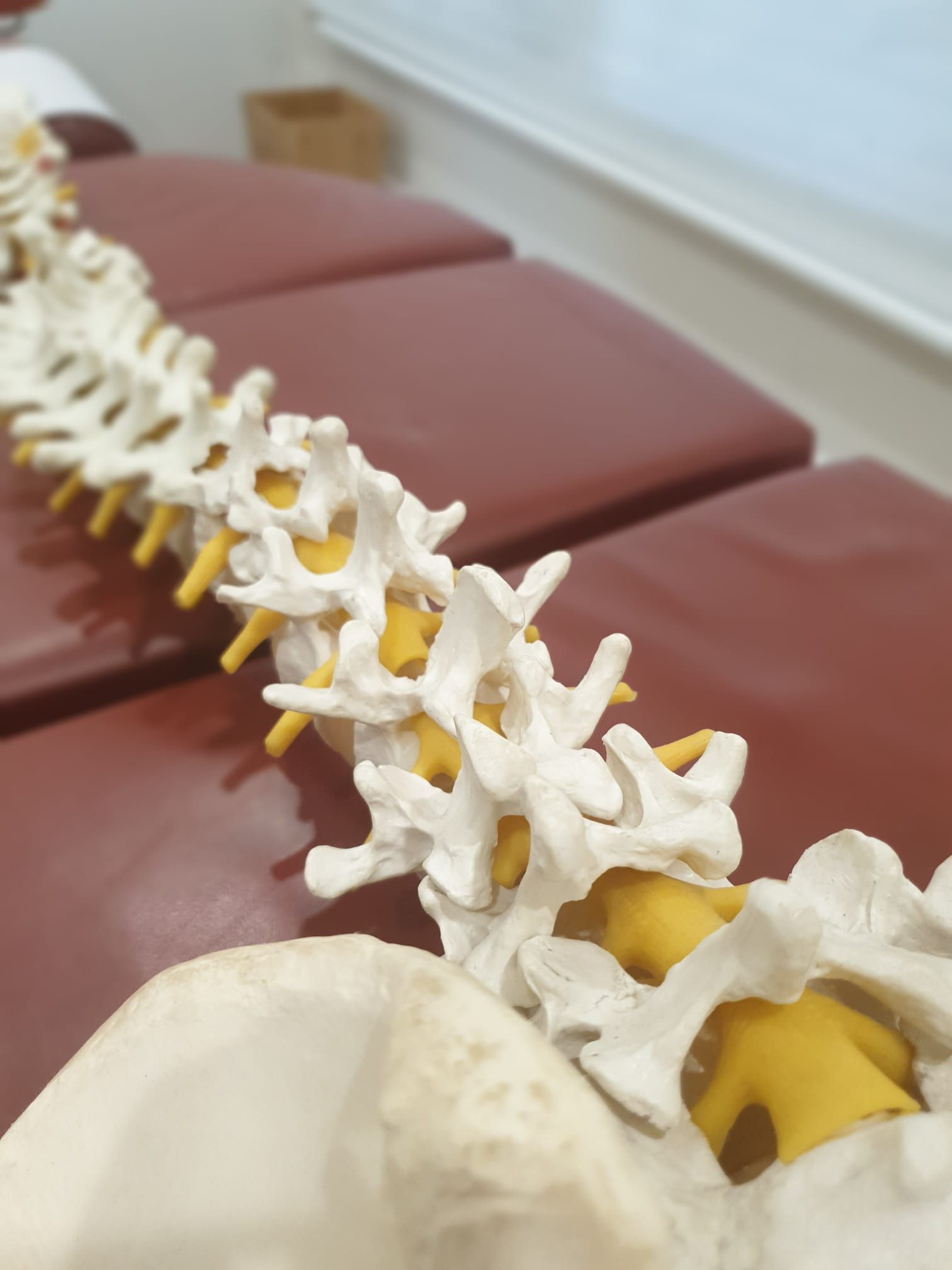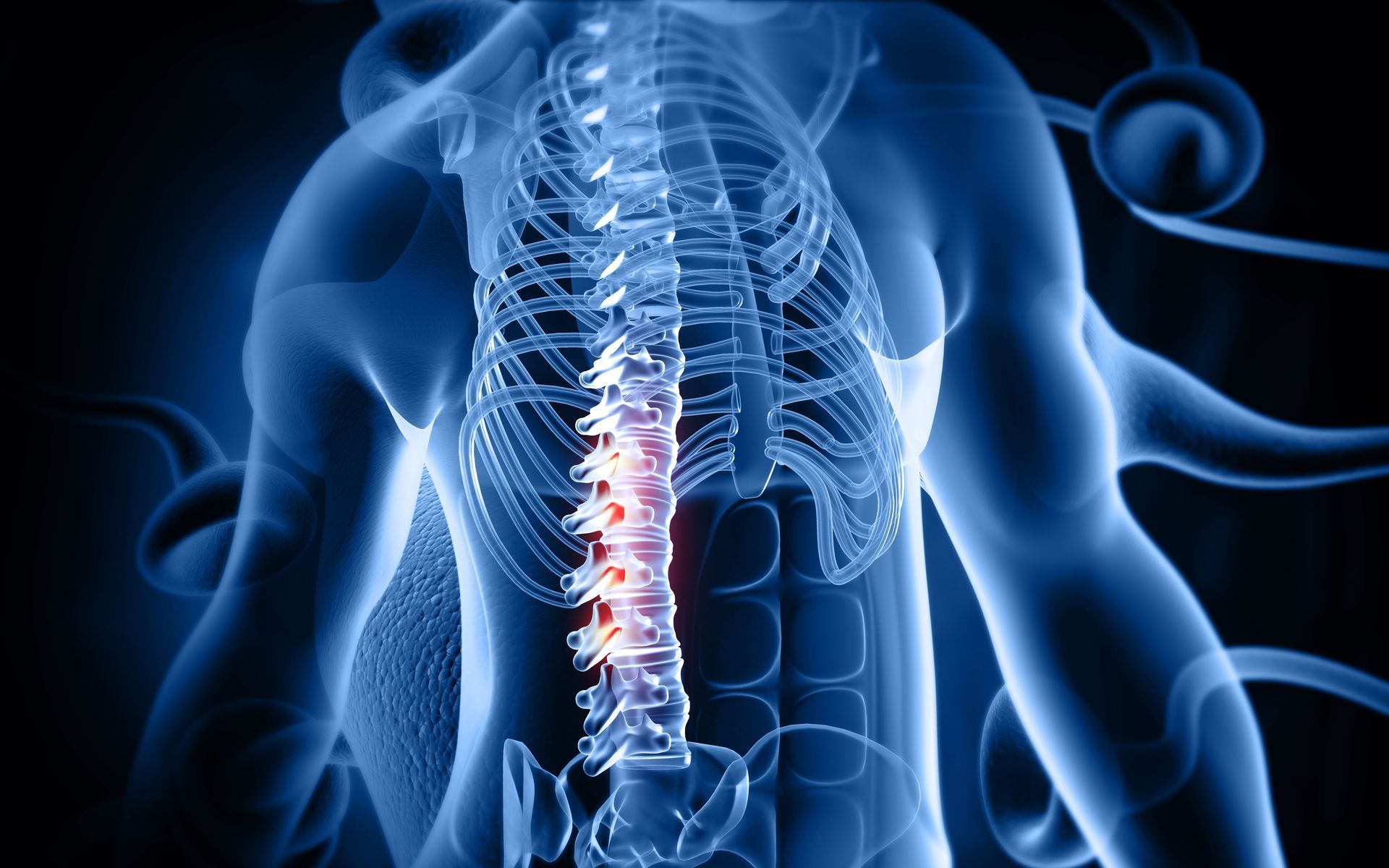Magnesium- the essential mineral.
Magnesium, Mg2+ , is considered an essential mineral, meaning it needs to be consumed as the human body cannot make it.
Mg plays a critical role:
- 1. in over 300 enzyme functions
- 2. provides a catalytic role for many enzymes and
- 3. provides specific structures for enzymes
- it’s no wonder that Mg deficiencies can result in multiple symptoms and disorders.
The RDI for an adult male is 420mg/day, however the mean intake is 323 mg/day
In adult females the RDI is 320mg/day, however the mean intake is 228 mg/day & it is estimated that 10% of elderly women consume less than 136mg/day.
We know that Mg deficiencies have a profound impact on Calcium and skeletal homeostatsis, which can go on to cause osteoporosis.
This is major health concern, accounting for 27 million fractures in the U.S in 2005, at a cost of $17 billion dollars.
So, which Magnesium Supplements to Choose?
Magnesium in its inorganic state, as a simple salt is absorbed only to the extent of about 5-10%.
Inorganic minerals must be altered from their natural state before they can penetrate the intestinal barrier.
The most efficient way to achieve this goal is by coating them with amino acids, this process is called chelation.
Chelation of magnesium to an amino acid allows the mineral to be absorbed, at least in part, like an amino acid, resulting in faster and more efficient absorption.
For this reason, the problems of poor absorption and gastrointestinal irritability encountered with many magnesium supplements may be overcome by using the glycinated (type of amino acid) chelate form.
Of course supplementation is good, but consuming a diet rich in Magnesium is always beneficial and supported.
Foods such as green vegetables, grains, nuts, and legumes are good sources for Mg.
So how do you consume your Magnesium?


















